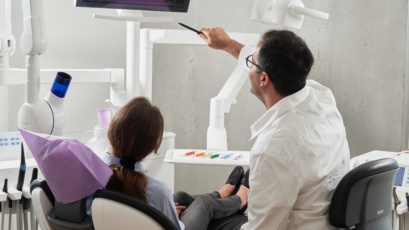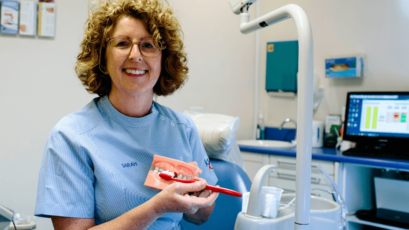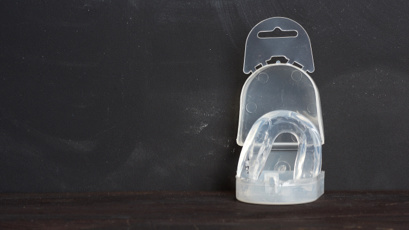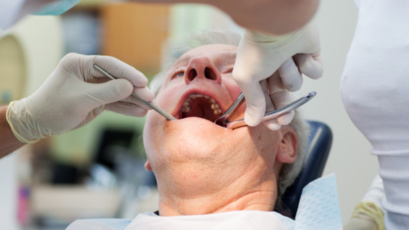Wisdom Teeth Removal Shepparton
If your wisdom teeth are painful or unable to erupt,
you may need them extracted. Our wisdom teeth
removal procedure provides you with instant relief.
Wisdom Teeth Extraction
Wisdom teeth explained
Are you experiencing pain or discomfort from wisdom teeth that haven’t yet pushed through your gums? They may be impacted, possibly infected and unable to erupt. Here to help manage your oral health and well-being, our routine wisdom teeth removal procedure will provide you with instant relief. Request an appointment today for wisdom teeth check up & wisdom teeth removal at our Shepparton clinic.
What does wisdom teeth removal procedures entail?
Most people have between one and four wisdom teeth, although some won’t have any at all. A dental scan will ascertain if you do have wisdom teeth. It will also reveal their orientation and we’ll be able to determine if there’s enough space available for them to erupt. To find out more, have a quick read on Does Everyone Have Wisdom Teeth?.
Some wisdom teeth may erupt smoothly and cause no problems. However, if they’re impacted under the gum, they can cause pain, gum infections and in severe cases, damage to your second molar teeth.
While painkillers may help control mild pain and antibiotics or a saltwater wash can help relieve an infected wisdom tooth, these are short-term solutions. This is why, if they’re unable to erupt, we’ll generally recommend a wisdom teeth removal procedure. it’s recommended to familiarise yourself with common impacted wisdom teeth symptoms.
Step 1: We’ll take a dental scan
After completing a dental scan, we’ll be able to advise you on whether your wisdom teeth need to be removed.
Step 2: We’ll determine the best extraction procedure
If your teeth have simple anatomical shapes, we can extract them under a local anaesthetic, here at our practice. Alternatively, if your wisdom teeth are an irregular shape or are severely impacted, we may need to remove them under a general anaesthetic in hospital. In some cases, we may also refer a wisdom teeth removal to a specialist oral surgeon.
In any of the above scenarios, we’ll always take the time to explain the process, aftercare and long-term benefits, tailoring a dental treatment just for you.
Step 3: Wisdom teeth aftercare
To ensure a speedy recovery, we provide you with a detailed aftercare plan. While you may experience swelling, some bleeding and possible bruising, these should subside within the first 24 hours. Our recommended aftercare plan includes the following tips:
- Apply firm pressure on the gauze placed over the extraction site for at least 30 minutes.
- Avoid eating or drinking anything that’s too hot or cold for the rest of day. Also, avoid drinking from a straw for the first 24 hours.
- Eat soft foods for 48 hours after the procedure, chewing on the opposite side to the extraction site.
- Do not rinse the area for 24 hours. After 24 hours, rinse gently with warm, salty water for the next two weeks.
- If there is persistent bleeding from the site, place a clean gauze pack on it and bite firmly for another 20 minutes.
- Avoid drinking alcohol, smoking or strenuous activity for three days following the procedure.
- The site may be uncomfortable for 7 – 10 days after the procedure and taking the recommended dosage of paracetamol or Nurofen will ease any discomfort.
Generally, your wisdom tooth socket should take between 2 to 4 weeks to heal the gum tissue. The underlying bone will heal in approximately 6 months.
If you experience excessive bleeding or there is continued pain, fever or swelling, we urge you to get in touch with our team. We’re here to help and will be able to provide the best advice to ensure your quick recovery and ongoing wellbeing.
Are your wisdom teeth causing discomfort or pain?
We’re human & we’re here to help
Fill out this contact form and we’ll be in touch




















